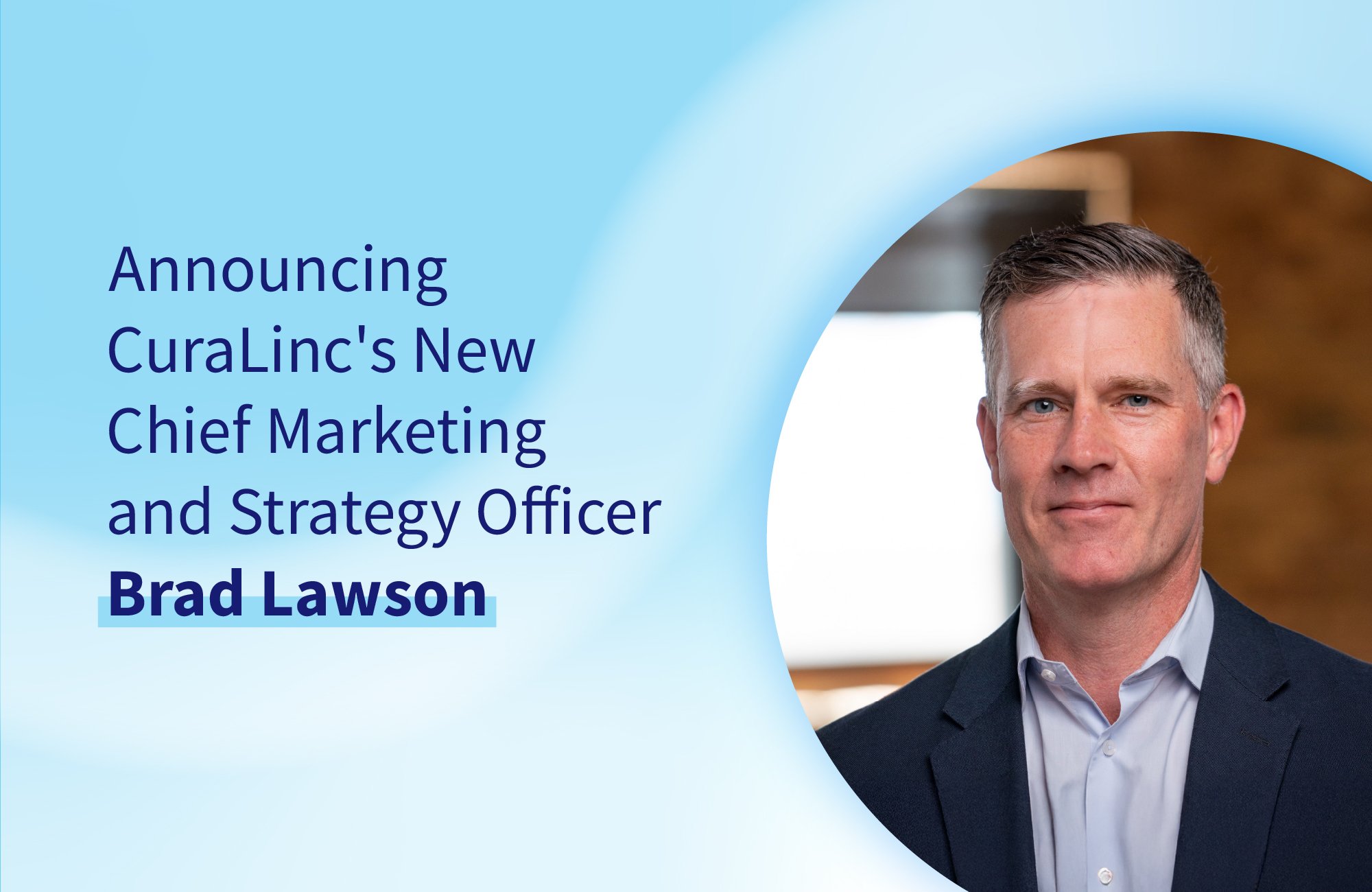National Minority Mental Health Awareness Month is celebrated in July to shed light on the unique challenges faced by racial and ethnic minority communities regarding mental health. As the U.S. population and its workforce continue to diversify, addressing these challenges requires a concerted effort to promote equitable mental health care for Black, Indigenous and other people of color (BIPOC). Here’s how your organization can make a difference.
Understand the challenges
The disparities in mental health care access and treatment for BIPOC communities are stark, highlighting the need for increased education, awareness and equitable access.
Compared to their White counterparts (38%), Asian (55%) and Black (46%) adults report more difficulty finding a provider who could understand their background and experiences, according to KFF
Studies show that mental health stigma is higher among ethnic minorities, making these individuals more likely to forgo mental health treatment and resources
Racial and ethnic minority populations may also encounter one or more of the following barriers when considering or seeking mental health care.
Cultural mistrust: Historical and ongoing experiences of discrimination and mistreatment in medical and mental health settings contribute to a deep-seated mistrust of healthcare providers among BIPOC individuals
Lack of representation: The scarcity of mental health professionals from diverse backgrounds can make it challenging for BIPOC individuals to find providers who understand their unique cultural and social experiences
Language barriers: Studies show that limited language proficiency can make it difficult for individuals to access and benefit from mental health services
Racism and unconscious bias: Prejudice and bias, whether overt or unconscious, in the mental health system can result in misdiagnosis, inadequate treatment and poor patient-provider relationships
Lack of cultural competency: Providers who are not trained in cultural competency may fail to recognize or respect their patients' cultural contexts, leading to ineffective care
Religious or spiritual beliefs: Cultural or religious beliefs may lead to reluctance or resistance to seeking mental health care, as some communities may view mental health issues through a spiritual lens rather than a medical one
Employer strategies for promoting equitable mental health care access and treatment
1. Offer culturally competent mental health resources
Ensure that your workforce mental health program includes easy access to mental health professionals from diverse backgrounds. When employees can select how and from whom they receive care, they are more likely to be comfortable and engaged in their care and experience better treatment outcomes.
2. Work to reduce mental health stigma
Mental health concerns can be viewed as a sign of weakness in many BIPOC communities. Promote mental health by inviting employees to share their stories and regularly communicate about mental health benefits so employees feel more equipped and comfortable seeking support. Check out the 1in5 anti-stigma campaign to learn how to start the conversation about mental health in the workplace.
3. Provide employee and manager training sessions
Work culture and co-worker interactions greatly impact BIPOC individuals' mental health. Diversity, equity, inclusion and belonging (DEIB) training sessions foster a supportive and inclusive environment by helping people understand the value of diversity while also addressing implicit bias, microaggressions and discrimination in the workplace. Training such as mental health first aid can also work to reduce stigma, help identify mental health concerns and encourage conversations about seeking support. Together, these training topics promote equitable access to mental health care and resources for all employees.
4. Gather employee feedback
Use anonymous employee surveys, focus groups and listening sessions to gather feedback on mental health program offerings, culture and policies to better meet employees’ needs.
How a workforce mental health provider can help
A workforce mental health or employee assistance program (EAP) provider can play a pivotal role in the effort to promote equitable access to care and support, provided they infuse cultural competence into every level of support provided to individuals and the organization.
What is cultural competence?
Cultural competence is the ability of healthcare providers to understand, appreciate and interact with people from cultures or belief systems different from their own. In the context of mental health care, it involves:
Awareness and attitudes: Recognizing one's own cultural influences and biases and understanding the cultural dynamics that may influence others’ behaviors and perspectives
Knowledge: Gaining a deep understanding of different cultural practices, values and experiences, especially those related to health, illness and treatment
Skills: Developing the ability to interact effectively and respectfully with people from different cultures, ensuring that care is culturally relevant and sensitive to their unique needs and preferences
Why cultural competence matters in workforce mental health
Cultural competence in mental health care is essential for fostering a therapeutic alliance – a bond of trust, openness and collaboration between provider and participant. This bond can lead to better care engagement and treatment outcomes. Here’s why it matters:
Enhanced care engagement: When employees feel understood and respected, they are more likely to engage with mental health services. Cultural competence ensures that providers can meet employees with empathy and understanding, catering to their unique cultural contexts.
Improved treatment outcomes: Tailoring mental health services to the cultural preferences of employees can significantly improve treatment outcomes. It ensures that care is relevant and relatable, which is crucial for effective mental health support.
CuraLinc’s approach to supporting diverse workforces
CuraLinc leverages a multi-faceted approach to delivering culturally competent care and supporting health equity and the mental health of minority employees. This involves personalized intake and provider matching, building a diverse provider network, and empowering managers and supervisors to handle diversity-related challenges and barriers to care more effectively.
Personalized advocacy, navigation and provider mapping
CuraLinc’s Care Advocates, all licensed behavioral health clinicians, receive ongoing cultural competency training. When participants reach out for support, our Care Advocates complete a holistic, clinically validated assessment and hand-select providers with confirmed availability based on each individual's clinical needs and cultural preferences, ensuring a tailored and effective care experience. This personalized approach improves the therapeutic alliance, or the bond built between a provider and a participant, which enhances the likelihood of program engagement and treatment success.
In addition to these considerations, individuals in the BIPOC community are more likely to experience food insecurity, poverty and unemployment at higher rates than White individuals. CuraLinc’s Care Advocates are also equipped to identify social and work-life needs and guide participants to local aid and support services and social assistance such as food banks, hardship programs, housing assistance, transportation assistance and even employer-sponsored funds, programs or resources. By identifying these stressors and addressing them through tailored and thoroughly vetted resources, we can prevent them from worsening into serious mental health problems – reducing their impact and supporting our participants’ overall wellbeing.
Diverse provider network
CuraLinc is dedicated to building a high-quality, diverse provider network through inclusive recruitment practices and continuous outreach programs. By collecting detailed information during the provider application process, CuraLinc can make referrals that closely align with participants' preferences, considering factors like language, race, ethnicity, religion, gender identity, LGBTQIA+ and military experience. Employees can also access detailed provider profiles and filters for cultural preferences when they schedule care using the digital platform.
Empowering managers and supervisors
CuraLinc’s team of Certified Employee Assistance Professionals has delivered thousands of culturally competent management consultations to support managers leading diverse teams. These consultations enhance managers’ cultural competence and provide strategies to address diversity-specific challenges. Managers receive guidance on understanding and appreciating cultural differences, improving communication and fostering an inclusive work environment. Additionally, they learn conflict resolution skills to manage and mediate any misunderstandings or biases that may arise, ensuring all team members feel valued and included.
Comprehensive services for a more inclusive workplace
CuraLinc's EAP services contribute to a more inclusive, respectful and productive workplace by providing comprehensive support to the entire organization, including:
Training: Seminars on topics such as healthy discussions about race, embracing diversity, and leading during times of crisis can enhance employees’ and managers’ abilities to navigate complex social issues, ultimately driving more value to the program and improving organizational outcomes. They also raise awareness of the EAP program, helping employees see their EAP in a new light.
Critical incident response: In the aftermath of a workplace or community crisis, CuraLinc responds swiftly. We partner with clients to select crisis response providers that align with their workforce’s cultural diversity needs. Beyond incidents like natural disasters, robberies and workplace accidents, we also support incidents impacting minority groups, such as racial discrimination, hate crimes or community violence. Through direct outreach and onsite or virtual debriefings, we provide the necessary care and resources to minimize the effects of the trauma and foster a sense of safety and support in the workplace.
Promoting equitable mental health care for BIPOC employees requires a strategic and compassionate approach. By implementing culturally competent care and reducing barriers, organizations can create a more inclusive and supportive environment for all employees.
If you have questions about CuraLinc’s commitment to offering convenient access to highly personalized and culturally competent care or how we can support your workplace mental health strategy, please don’t hesitate to get in touch.




